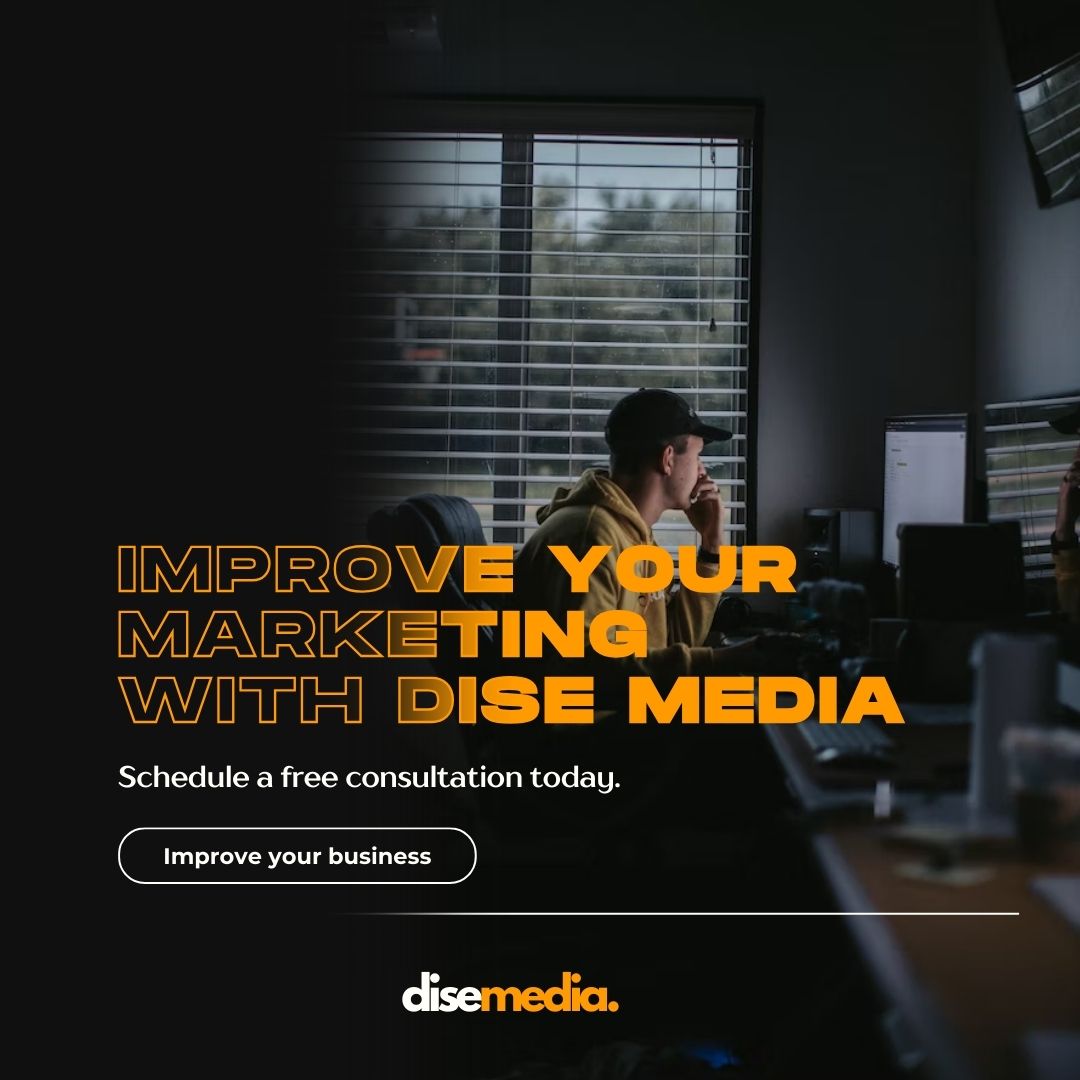Table of Contents
In today’s digital age, a robust online presence is crucial for any business, including real estate agencies. As more and more people turn to the internet to search for properties, real estate agents must invest in search engine optimization (SEO) to ensure their websites rank at the top of search engine results. In this comprehensive guide, we will explore the world of SEO for real estate agencies, providing you with the knowledge and strategies you need to master your website’s SEO and attract more deals.
The Importance of SEO for Real Estate Agencies
The significance of search engine optimization (SEO) cannot be overstated, especially for businesses in the real estate industry. With the majority of potential homebuyers and sellers relying on search engines like Google, Bing, or Yahoo to find suitable real estate agencies, ensuring that your website appears prominently in their search results is crucial. Being the first point of contact for these prospective clients can significantly enhance your chances of capturing their attention and driving them to choose your services over those of your competitors.
In essence, the goal of effective SEO for Real Estate Agencies is to position your website at the forefront of search engine results, making it easily accessible and visible to individuals actively seeking real estate services. By leveraging SEO strategies tailored to the needs of your target audience, you can create a competitive edge and establish a strong online presence for your real estate agency. This, in turn, fosters a sense of trust and credibility among potential clients, as your website’s high ranking signals its reliability and authority within the real estate market. Here’s why SEO matters:
1. Increased Visibility
Securing a high ranking on search engine results pages (SERPs) means that your website will be one of the first options potential clients come across when searching for real estate services. This increased visibility can significantly boost your chances of attracting new customers.
2. Credibility and Trust
Websites that appear at the top of search results are often perceived as more credible and trustworthy by users. Effective SEO can help you establish your real estate agency as a reliable source for property-related information and services.
3. Targeted Traffic
SEO enables you to attract highly targeted traffic. By optimizing your website for specific keywords related to your niche, you can connect with users actively looking for real estate services in your area. This means that the visitors to your website are more likely to convert into leads and clients.
SEO Fundamentals
To excel in implementing effective SEO strategies for your real estate agency, it is imperative to grasp the fundamental principles that underpin search engine optimization. By delving into the core components of SEO, you can lay a strong foundation for enhancing your website’s visibility and driving organic traffic. Let’s explore the key elements that constitute the bedrock of successful SEO implementation.
1. Keywords
Keywords are the foundation of SEO. They are the words or phrases that users type into search engines when looking for information. In this blog, we’ll focus on the primary keyword, “SEO for Real Estate,” which should appear naturally throughout your content.
2. On-page SEO for Real Estate Agencies
On-page SEO involves optimizing individual web pages to rank higher and earn more relevant traffic. Here’s how you can implement on-page SEO:
- Title Tags: Ensure your web page titles contain relevant keywords, including “SEO for Real Estate.”
- Meta Descriptions: Craft engaging meta descriptions that include your target keyword.
- Header Tags: Use header tags (H1, H2, H3) to structure your content and make it more readable and SEO-friendly.
- Keyword-Rich Content: Create high-quality, informative, and engaging content that incorporates your target keyword naturally.
3. Off-Page SEO for Real Estate Agencies
Off-page SEO encompasses activities that take place outside your website but impact your site’s search engine rankings. Key aspects include:
- Backlinks: Building high-quality backlinks from reputable sources can significantly boost your website’s authority and ranking.
- Social Signals: Active engagement on social media platforms can indirectly affect your website’s SEO.
Local SEO for Real Estate Agencies
As a real estate agency, your primary target audience is likely to be local residents looking to buy or sell properties in your area. Therefore, implementing local SEO strategies is essential. Here’s how you can master local SEO:
1. Google My Business
Setting up and optimizing your Google My Business (GMB) listing is crucial. This helps your real estate agency appear in local search results, Google Maps, and Google’s Local Pack.
2. NAP Citations
Ensure that your Name, Address, and Phone Number (NAP) information is consistent across all online platforms, including your website, social media profiles, and local directories. This consistency reinforces your local SEO efforts.
3. Local Content
Create locally relevant content. This could include neighborhood guides, market reports, and tips for buyers and sellers in your area. Use “SEO for Real Estate Agencies” in your local content to optimize it for search.
Content Marketing and SEO for Real Estate Agencies
Content marketing plays a pivotal role in driving the success of SEO for real estate agencies. By creating and disseminating high-quality, informative, and engaging content, you can establish your agency as a valuable resource within the real estate market. Compelling content serves as the cornerstone of your SEO strategy, enabling you to capture the attention of your target audience and foster meaningful connections with potential clients.

Through well-crafted blog posts, articles, and other forms of written content, you can showcase your expertise and knowledge of the real estate industry. By addressing pertinent topics, providing insightful analysis, and offering practical tips and advice, you can position your agency as a trusted authority in the field. This not only helps to build credibility but also fosters a sense of trust and reliability among your audience, encouraging them to turn to your agency for their real estate needs.
In addition to written content, incorporating visually appealing elements such as videos, infographics, and virtual property tours can significantly enhance the effectiveness of your content marketing strategy. These multimedia formats enable you to convey complex information in a digestible and engaging manner, catering to the diverse preferences of your target audience. By leveraging a mix of content formats, you can cater to different learning styles and effectively communicate your agency’s value proposition and unique selling points. Here are some content marketing strategies to consider:
1. Blogging
Maintaining a blog on your website can help you showcase your expertise in the real estate industry and establish your agency as a valuable resource. Regularly publish blog posts that revolve around the “SEO for Real Estate” theme to boost your website’s SEO.
2. Video Marketing
Incorporate video marketing into your content strategy. Create virtual property tours, client testimonials, and informative videos about the real estate market in your area. YouTube, the second-largest search engine, can help you reach a broader audience.
3. Infographics
Visual content like infographics can convey complex information in an easily digestible format. Create infographics about real estate trends, market statistics, and the importance of SEO in the industry.
Ready to Elevate Your Marketing Strategy?
Stop wasting money and unlock the hidden potential of your advertising.
- Experience the impact of strategic marketing.
- Connect with your perfect audience.
- Optimize your marketing budget efficiently.

Website Optimization
Your website’s structure and performance play a significant role in SEO. Ensure that your website is optimized for search engines and user experience:
1. Mobile-Friendly Design
With the majority of internet traffic coming from mobile devices, it’s essential to have a responsive, mobile-friendly website. Google also considers mobile-friendliness as a ranking factor.
2. Page Speed
Fast-loading web pages are favored by search engines and users alike. Compress images, leverage browser caching, and minimize HTTP requests to improve your website’s speed.
3. User Experience
A user-friendly website with intuitive navigation, clear calls to action, and engaging content will keep visitors on your site longer and reduce bounce rates.
Analytics and Monitoring
Monitoring the performance of your SEO efforts is crucial. Use analytics tools like Google Analytics and Google Search Console to track your website’s progress. Regularly review key metrics such as organic traffic, keyword rankings, and click-through rates.
SEO for Real Estate: Success Stories
Understanding and analyzing the performance of your SEO efforts is paramount to the success of your real estate agency’s online presence. By utilizing robust analytics and monitoring tools such as Google Analytics and Google Search Console, you can gain valuable insights into how your website is performing and identify areas for improvement. Regularly assessing key metrics, including organic traffic, keyword rankings, and click-through rates, allows you to gauge the effectiveness of your SEO strategy and make data-driven decisions to optimize your website’s visibility and performance.
Google Analytics provides comprehensive data on various aspects of your website’s performance, including the number of visitors, their behavior on your site, and the sources of your traffic. By delving into this data, you can gain a deeper understanding of your audience’s preferences, interests, and online behavior, enabling you to tailor your content and marketing strategies to better meet their needs and expectations.
In addition, Google Search Console offers valuable insights into how your website is perceived by Google’s search engine algorithms. It provides information on your website’s indexing status, search queries that lead users to your site, and the overall visibility of your website in search results. By closely monitoring these metrics, you can identify potential issues affecting your website’s performance in search engine rankings and take necessary actions to enhance your website’s visibility and accessibility.
Regularly reviewing and analyzing key performance indicators (KPIs) such as organic traffic, keyword rankings, and click-through rates allows you to track the progress of your SEO efforts over time. By setting specific goals and benchmarks, you can assess the impact of your SEO strategies and make informed decisions to optimize your website’s content, structure, and overall user experience. This iterative process of monitoring and analysis is crucial in ensuring that your real estate agency remains competitive and visible in the ever-evolving digital landscape.
By leveraging the insights provided by analytics and monitoring tools, you can fine-tune your SEO approach, capitalize on emerging trends, and stay ahead of the competition. Continuously refining your SEO strategy based on data-driven insights enables you to enhance your website’s performance, drive more organic traffic, and ultimately generate higher-quality leads for your real estate agency.
Case Study
RARE Real Estate





Conclusion
SEO for real estate agencies is a dynamic and highly rewarding endeavor. By mastering the art of SEO, you can propel your agency to the top of search engine rankings, attract more potential clients, and ultimately close more deals. Remember to stay updated with the latest SEO trends and continuously optimize your website for the best results.
Implement the strategies and tips discussed in this guide, and watch your real estate agency flourish in the digital landscape. With a strong SEO foundation, your website can become a powerful tool for generating leads and establishing your brand as a leader in the real estate market.
- More Spicey Disey Tips
- Social Media Marketing
- Realtor Marketing Portfolio
- About Dise Media
- External Resources
- How to start your business
- What makes a great website
- Get more Google reviews
Ask how we can help you:
Current Situation
This allows you to share details about your business and marketing needs.
Strategy Overview
You’ll gain valuable insight into their high-level strategic thinking.
Strategy Details
Understanding the specifics will help you evaluate if it’s the right fit.
